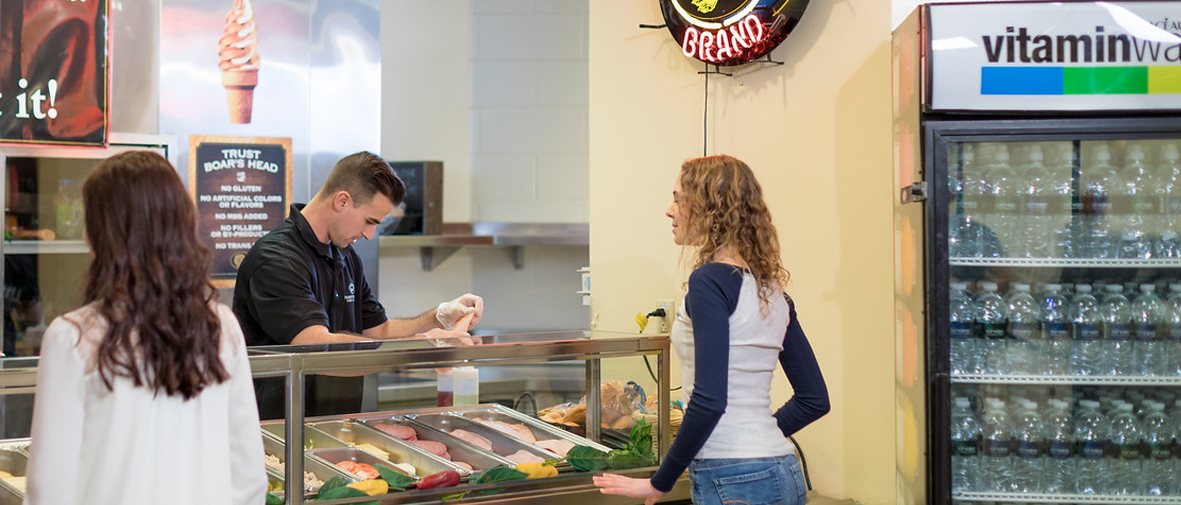
It is best to start with an example. Just like in a restaurant, there is a normal method for managing food allergies.
- A patron with a food allergy notifies the server.
- The server then notifies the chef. At that point the chef lets the server know what the patron can safely consume from the menu.
- When the chef prepares the meal, cross-contact procedures are put in place and ingredient labels are checked.
In this example, the restaurant is able to notify the patron what is safe to eat and has the ability to put cross-contact procedures in place before the meal is prepared.
“Cross-contact happens when one food comes into contact with another food and their proteins mix. As a result, each food then contains trace amounts of the other food. These amounts are so small they usually can’t be seen. Even this small amount of food protein can cause reactions in people with food allergies.” (Food Allergy Research & Education)
Additionally, pre-ordering is important because manufacturer’s may change the formulation of their products and substitute ingredients at any time with or without notice. For more information on food allergens and product labels please visit: https://www.foodallergy.org/education-awareness/advocacy-resources/food-labels
Our best practices for managing food allergies have been developed to be in line with the organization Food Allergy Research & Education (FARE), the Center for Disease Control Voluntary Guidelines for Managing Food Allergies In Schools and Early Care and Education Programs, the Institute of Child Nutrition, and the USDA Accommodating Children with Disabilities in School Meal Programs.
A cafeteria is not set up in the same way as a restaurant. By establishing a pre-order system our staff is aware of the allergy, checks all product labels, and uses cross-contact procedures to provide a safe environment for students with allergies to food.
We look forward to working with you. Please contact your Food Service Director if you have any questions.